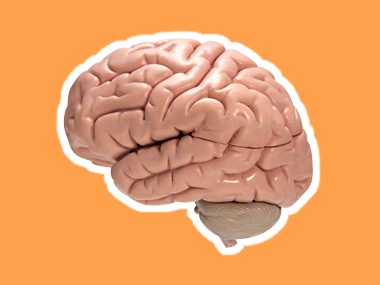Lower cholesterol

Carrots contain high amounts of soluble fiber, largely from pectin, which could be the reason they’ve been shown to lower cholesterol. Participants who ate about a cup of carrots each day for three weeks lowered their blood cholesterol levels, a U.S. government study found.
Reduce risk of cancer

The alphacarotene and bioflavonoids in carrots have been associated with lower risks of cancer, particularly lung cancer. But stick to those carotenoids rather than beta-carotene supplements, which could be harmful to smokers.
Keep your vision sharp

If your parents told you to eat your carrots for better eyesight, they were on to something. Carrots won’t cure preexisting vision problems, but they can protect against sight issues caused by vitamin A deficiency. The body converts beta-carotene to vitamin A, says Hans Fisher, PhD, a professor emeritus of nutritional biochemistry from Rutgers University, and that's important for healthy eyes. Carrots can prevent cataracts and macular degeneration, as well as night blindness, which keeps eyes from adjusting to the dark.
Stop memory loss
Middle-aged people who ate the lowest amount of root vegetables showed more than three times as much cognitive decline as those who ate the most, according to a Netherlands study. Researchers concluded that the beta-carotene in the vegetables—especially from carrots—protected the central nervous system against aging. An 18-year Harvard study determined that when men consumed 50 mg supplements of beta-carotene every other day, cognitive decay was delayed for the equivalent of 1 to 1.5 years compared to those who took a placebo.

No comments:
Post a Comment